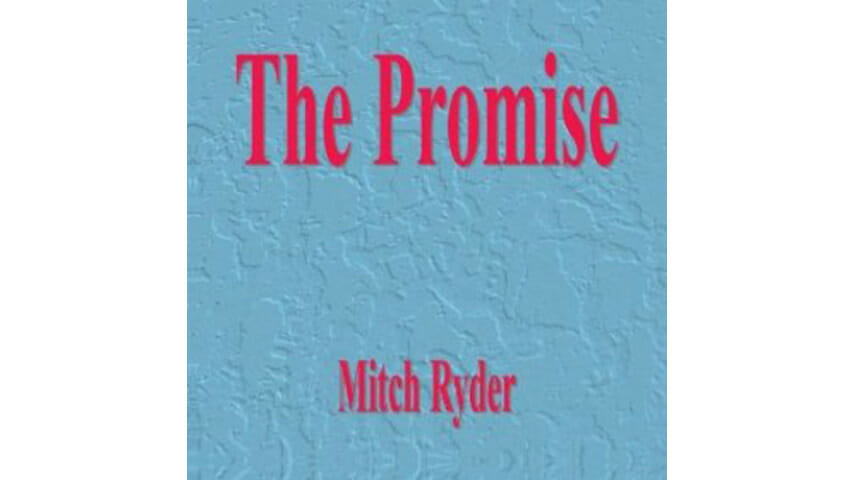Mitch Ryder: The Promise

When Mitch Ryder growls out the line “Thank you, mama, everything you said came true,” on opening track “Thank You, Mama” it is more than clear that the Detroit rock ‘n’ roll legend’s first album of new material in 30 years is going to be a personal affair. Over a bubbling bass line and dirty guitars, the track serves both as a tribute to his beloved parents and an instant reminder to listeners of why kids were flipping out to “Devil with a Blue Dress On” in high school gymnasiums across the country nearly 50 years ago.
“Comeback” albums or an aging artist’s late-period work are always polarizing topics of discussion in terms of importance and quality. There have been artists that have and continue to put out valuable and interesting work in the later part of their careers (i.e. Sonic Youth, Cash, Dylan, Young, Waits, etc.) and those who haven’t (Loutallica seems like the most obvious and recent example). But where Mitch Ryder is concerned, there isn’t quite as much pressure to produce as those artists and countless others who have had their more recent work so meticulously picked part and compared to their earlier artistic output. For all his influence and importance—and both are staggeringly substantial—Ryder has always remained relatively under the radar, at least compared to that of his peers. And without all the overwhelming and unrealistic expectations, he is left to do what he does best—sing soulful, ball-busting rock ‘n’ roll, which at age 66 he still does pretty damn well.
-

-

-

-

-

-

-

-

-

-

-

-

-

-

-

-

-

-

-

-

-

-

-

-

-

-

-

-

-

-

-

-

-

-

-

-

-

-

-

-








































